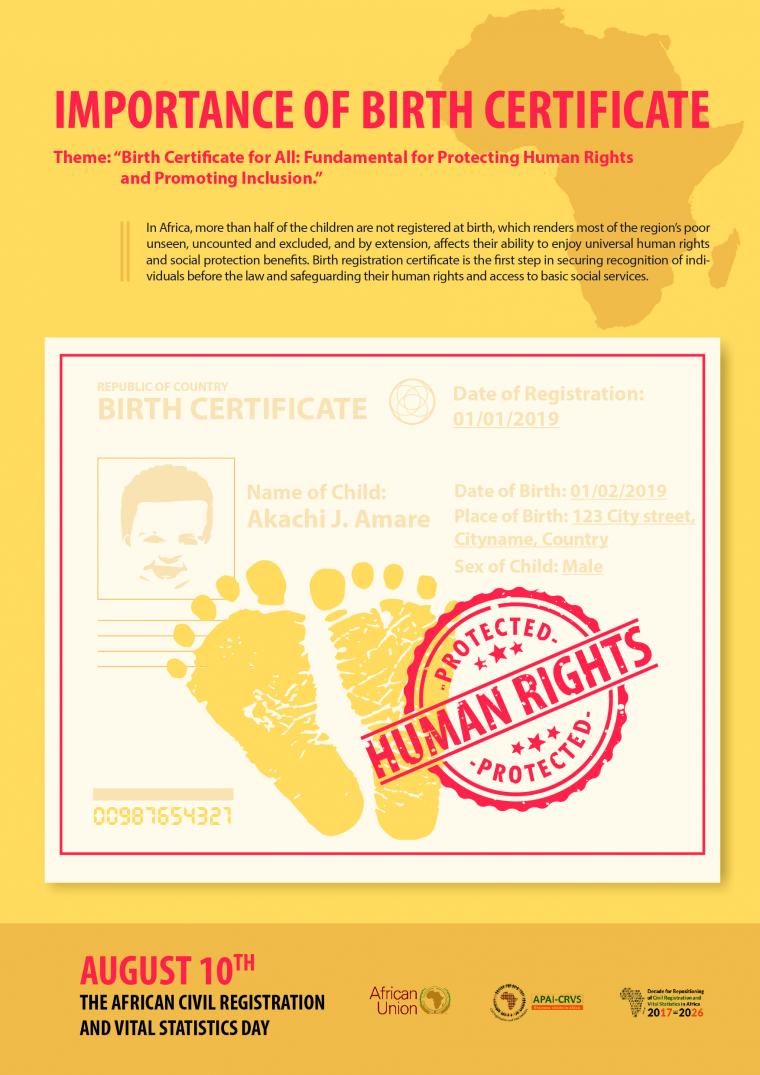Department Resources
ASSEMBLY OF THE UNION
Thirty-First Ordinary Session
1 – 2 July 2018
Nouakchott, MAURITANIA
The African Union Commission (AUC) envisions “an integrated continent that is politically united based on the ideals of Pan Africanism an
Highlights of the cooperation with the GIZ-project “Support to the African Union on Migration and Displacement”
Violent extremism is a global issue.
Agenda 2063 is Africa’s development blueprint to achieve inclusive and sustainable socio-economic development over a 50-year period.















